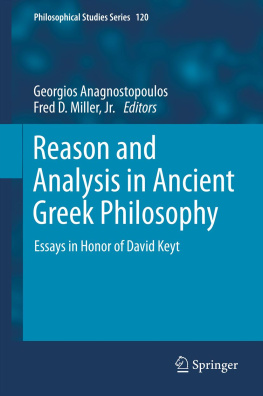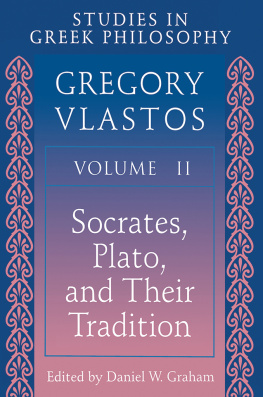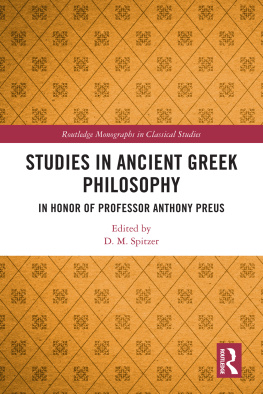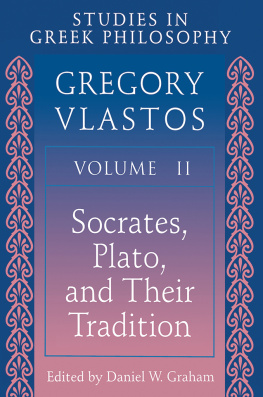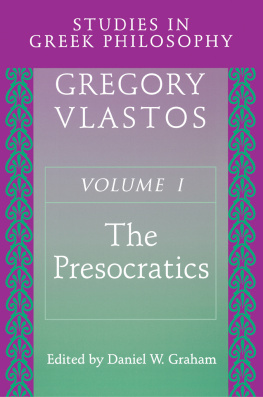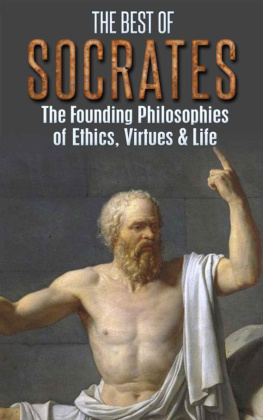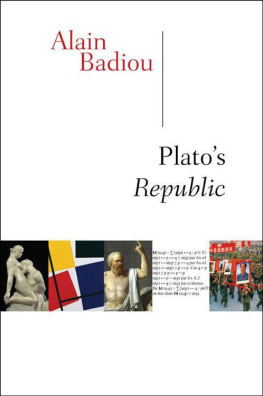Georgios Anagnostopoulos - Reason and Analysis in Ancient Greek Philosophy : Essays in Honor of David Keyt
Here you can read online Georgios Anagnostopoulos - Reason and Analysis in Ancient Greek Philosophy : Essays in Honor of David Keyt full text of the book (entire story) in english for free. Download pdf and epub, get meaning, cover and reviews about this ebook. City: Dordrecht, year: 2013, publisher: Springer Netherlands, Dordrecht, genre: Religion. Description of the work, (preface) as well as reviews are available. Best literature library LitArk.com created for fans of good reading and offers a wide selection of genres:
Romance novel
Science fiction
Adventure
Detective
Science
History
Home and family
Prose
Art
Politics
Computer
Non-fiction
Religion
Business
Children
Humor
Choose a favorite category and find really read worthwhile books. Enjoy immersion in the world of imagination, feel the emotions of the characters or learn something new for yourself, make an fascinating discovery.
- Book:Reason and Analysis in Ancient Greek Philosophy : Essays in Honor of David Keyt
- Author:
- Publisher:Springer Netherlands, Dordrecht
- Genre:
- Year:2013
- City:Dordrecht
- Rating:5 / 5
- Favourites:Add to favourites
- Your mark:
Reason and Analysis in Ancient Greek Philosophy : Essays in Honor of David Keyt: summary, description and annotation
We offer to read an annotation, description, summary or preface (depends on what the author of the book "Reason and Analysis in Ancient Greek Philosophy : Essays in Honor of David Keyt" wrote himself). If you haven't found the necessary information about the book — write in the comments, we will try to find it.
This distinctive collection of original articles features contributions from many of the leading scholars of ancient Greek philosophy. They explore the concept of reason and the method of analysis and the central role they play in the philosophies of Socrates, Plato, and Aristotle. They engage with salient themes in metaphysics, epistemology, ethics, and political theory, as well as tracing links between each thinkers ideas on selected topics.
The volume contains analyses of Platos Socrates, focusing on his views of moral psychology, the obligation to obey the law, the foundations of politics, justice and retribution, and Socratic virtue. On Platos Republic, the discussions cover the relationship between politics and philosophy, the primacy of reason over the souls non-rational capacities, the analogy of the city and the soul, and our responsibility for choosing how we live our own lives. The anthology also probes Platos analysis of logos (reason or language) which underlies his philosophy including the theory of forms. A quartet of reflections explores Aristotelian themes including the connections between knowledge and belief, the nature of essence and function, and his theories of virtue and grace.
The volume concludes with an insightful intellectual memoir by David Keyt which charts the rise of analytic classical scholarship in the past century and along the way provides entertaining anecdotes involving major figures in modern academic philosophy. Blending academic authority with creative flair and demonstrating the continuing interest of ancient Greek philosophy, this book will be a valuable addition to the libraries of all those studying and researching the origins of Western philosophy.
Georgios Anagnostopoulos: author's other books
Who wrote Reason and Analysis in Ancient Greek Philosophy : Essays in Honor of David Keyt? Find out the surname, the name of the author of the book and a list of all author's works by series.

